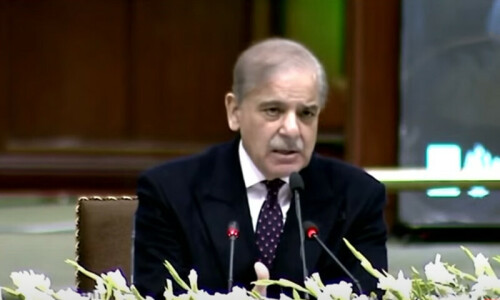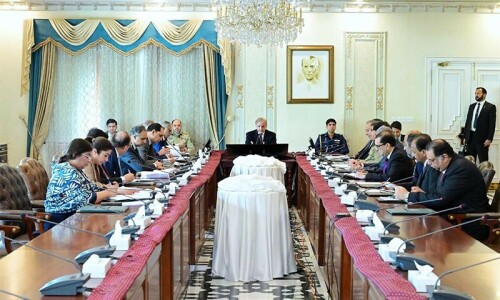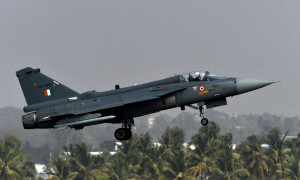A group of Pakistani women have come together in the United States to push the envelope and challenge stereotypes that women, particularly from Pakistan or of Pakistani heritage, can't be comedians, reports Sarah Munir for The Guardian.
Performer Aizzah Fatima from Now York, who quit her job as an ads engineer at Google to perform onstage, shares, "Nobody expects Muslim women to be artists, let alone comedians."
Fatima is the brains behind Dirty Paki Lingerie, a one-woman comedy show about Muslim women and how they deal with their roots in terms of their American lives.
 |
| Aizzah fatima.— Photo courtesy:locatingthesacred.org |
“The idea was to show people the diversity within ‘brown women’. We laugh, cry, scream and act silly just like the rest of them,” explains Fatima, who plays 20 different and contrasting characters in the show, showcasing stereotypes associated with Muslim women.
Fawzia Mirza, a Chicago based actor/writer/producer who regularly performs on stage, says that Pakistani parents don't motivate their children to become artists.
“We come from a conservative culture that, for the most part, does not look at being an artist as something to aspire towards. There’s no guaranteed income and there is a chance that people might talk badly about you, so there’s a negative impact on your reputation. Also you are [thought to be] bringing shame upon yourself, your family, your ancestors, and probably even your unborn child,” she states jokingly.
 |
| Fawzia Mirza.— Photo courtesy: bracvelux.com |
Mona Shaikh, a comedian from Karachi who moved to the US when she was 15, explained her parents were distressed when she first showed interest in pursuing stand-up comedy. Their worries included “what people might say, how I would ever get married if I entered this field. But I couldn’t care less. I just wanted to travel, experience the world and ball out.”
Shaikh waited 10 years, until she moved out of her parents home, to finally go after her dream.
 |
| Mona Sheikh.— Photo courtesy: The Guardian |
She has since performed at the Laugh Factory and Hollywood Improv and is the founder of website Muslims Do It Better, which was banned in Pakistan.
“I was here after 9/11 happened. I remember people looked down at me."
The website was "an attempt to separate the crazy Muslim from the average Muslim”.
“People should know that extremists like the cleric banning women from touching bananas for fear of getting dirty ideas is as offensive to me as it is to them," reveals Shaikh.
Another such Muslim woman is Nadia Parvez Manzoor, her one-woman show Burq Off! tackles the conflict of growing up in two polar different worlds.
Her depiction of South Asian men as oppressive has been critiqued for encouraging cliches. She argues it is not a depiction of all Pakistani men but the ones she has dealt with in her life.
 |
| Nadia Manzoor.— Photo courtesy: The Guardian |
She says, “People expect me to be some kind of a spokesperson for the Pakistani Muslim. I am not. This is my experience, I am sure there are thousands of Pakistani Muslim girls who have had completely different ones. We need more brown people telling our own stories; on stages, on camera, behind the camera, writing, being honest and sharing histories.”
While a change on the big front is still far from sight, smaller things have started to change.
Mirza recalls an incident from not long ago when she was at a university in Karachi where she concluded her talk by saying that her trip would be worthwhile if one person in the room felt less lonely in the world.
“A young woman came up to me afterwards and said, ‘I am your one.’ That, to me, feels like success.”














































